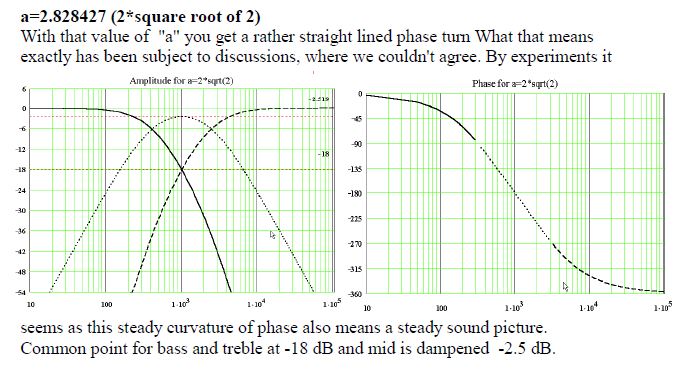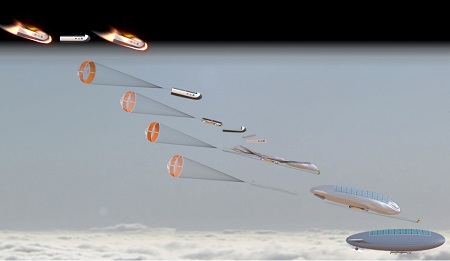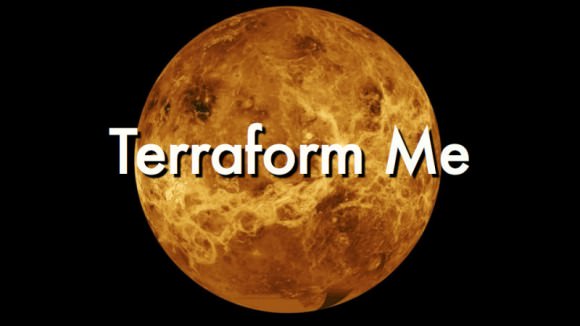Bonsai, forgive me for revealing an uncomfortable Truth.
Britain has exited the European Union!
You no longer live in the EU. I suggest you update your Norfolk avatar. 🙄
As to whether we admire Martian girls:

Or Venusian Girls:

Load of Fantasy, IMO. We like Earth Girls. 😀
Britain has exited the European Union!
You no longer live in the EU. I suggest you update your Norfolk avatar. 🙄
As to whether we admire Martian girls:
Or Venusian Girls:
Load of Fantasy, IMO. We like Earth Girls. 😀
What does this mean? STRING THEORY! 😱
I'm not buyin' it. Awful stuff. Fixes nothing.
Hey, there's nothing wrong with string theory!
Do detectives really pin a bunch of pictures on a board when investigating a crime? Sometimes they connect them with string. They often have a breakthrough moment while staring at them. Do real life detectives work this way? - Quora
Works just fine, plenty of use case scenarios around.
A son asks his dad "Daddy, what is string theory?"
The dad replies "Why are you asking me such difficult questions? Come on, ask me something easier."
The son then asks "Um ok, so why does mummy get mad sometimes?"
"String theory is a theoretical framework in which the point-like, zero dimensional particles of particle physics are replaced by one-dimensional extended entities called strings..."
The dad replies "Why are you asking me such difficult questions? Come on, ask me something easier."
The son then asks "Um ok, so why does mummy get mad sometimes?"
"String theory is a theoretical framework in which the point-like, zero dimensional particles of particle physics are replaced by one-dimensional extended entities called strings..."
Carl Sagan predicted life on Venus in 1967. We may be close to proving him right. Life on Venus? Carl Sagan predicted it in 1967. He may be right. via @mashable
All is not what it seems. I remember my father talking about this - he was a Carl Sagan fan.
All is not what it seems. I remember my father talking about this - he was a Carl Sagan fan.
My inbox is currently under Bombardment, from of all places, NORWAY! Eliciting my views on Steen Duelund.

Nothing hard there for fans of the complex variable. But feel a need for a serious answer. 🙂
Now Bonsai, do sort out your avatar. Questions of Truth start with Honesty.
Nothing hard there for fans of the complex variable. But feel a need for a serious answer. 🙂
Now Bonsai, do sort out your avatar. Questions of Truth start with Honesty.
Carl Sagan predicted life on Venus in 1967. We may be close to proving him right. Life on Venus? Carl Sagan predicted it in 1967. He may be right. via @mashable
All is not what it seems. I remember my father talking about this - he was a Carl Sagan fan.
Interestingly, James Lovelock predicted Mars would be lifeless based on the lack of any chemical signatures in the atmosphere. So far he’s been proven correct. Let’s see if Sagan’s predictions re Venus are correct.
Carl Sagan can definitely be said to have been 'cloud minded' - meaning capable of thinking outside of the box.Carl Sagan predicted life on Venus in 1967.
We discussed the discovery of phosphine in the clouds of Venus back in September 2020.
Does NASA have plans to inflate an airship at the top of Venus' clouds - literally a ship full of air which will float in the planet's dense carbon dioxide atmosphere and gather evidence of microbial life?

Apparently, the Soviet Union explored the Venusian atmosphere with balloons during the Vega mission in 1985.
50 km high in the atmosphere of Venus “is in many ways the most Earthlike place in the solar system, with temperature and pressures at values close to what humans like to live at” says Geoffrey A. Landis, NASA planetary exploration engineer and the author of The Sultan of the Clouds, an award-winning 2011 science fiction story set in “11,000 floating cities” above Venus.

https://mashable.com/feature/venus-mars-space-exploration/?europe=true&utm_cid=a-seealso

https://mashable.com/feature/venus-mars-space-exploration/?europe=true&utm_cid=a-seealso
The temperature 50 km up on Venus is balmy, and the Sun here is just as bright as on Earth. Here the atmosphere protects you from solar radiation. Here the gravity feels like Earth. You can go outside - on a viewing deck, say - wearing little more than a fireman’s respirator.
Imagine if one of those balloon thingies goes ‘pop’. On your way down you get crushed and fried before you go splat on the surface.
I think I’ll stay right here thank you!
I think I’ll stay right here thank you!
Carl Sagan can definitely be said to have been 'cloud minded' - meaning capable of thinking outside of the box.
We discussed the discovery of phosphine in the clouds of Venus back in September 2020.
Does NASA have plans to inflate an airship at the top of Venus' clouds - literally a ship full of air which will float in the planet's dense carbon dioxide atmosphere and gather evidence of microbial life?
Apparently, the Soviet Union explored the Venusian atmosphere with balloons during the Vega mission in 1985.
Modern instrumentation is probably a lot more sensitive at detecting up the bio signatures of life so hopefully they will find something- if so, what a vindication for Sagan.
IIRC he also proposed seeding Venus’s atmosphere with bacteria which would feed on the CO2, eventually clearing the atmosphere and ultimately cooling it.
In his 1954 story The Big Rain, Poul Anderson describes the long term planetary engineering of Venus.IIRC he also proposed seeding Venus’s atmosphere with bacteria which would feed on the CO2, eventually clearing the atmosphere and ultimately cooling it.

In fact, the term Big Rain has since come to be synonymous with the terraforming of Venus.
How Do We Terraform Venus? - Universe Today
Attachments
Imagine if one of those balloon thingies goes ‘pop’. On your way down you get crushed and fried before you go splat on the surface.
I think I’ll stay right here thank you!
Think perhaps it would be more of a "crunch" and less of a "splat" since the individual involved would probably be in the process of turning into charcoal. Cue the test subject jumping out from the balloon, the skin would after some kilometres roast and crackle, with the fats liquifying into the charred bits and by means of thermal conduction further accelerate the process, roasting away moisture trapped inside at an increasing pace until taken away and broken up by some wind because everything gets brittle and light after a while, whatever hits the ground could make a gentle crunching sound.
Not sure if fats can combust in the atmosphere, so I left that part out.
I'm happy right here, got my beer, wine, good weather and everything. 😀
Edit:
Speaking of rain, I'm more fascinated by the methane rains on Titan.
Last edited:
The origin of everything is the one question that just hurts my brain. From a scientific point of view...how was there anything at all to start with ever (to cause the big bang). From a spiritual point of view, need to do better than 'god (lowercase) magically appeared', where did god come from?
Either way, it just hurts to think about in a good way!
I have no issue comprehending 'things' 1 second after the big bang, or whatever happened. But what started it all?
Either way, it just hurts to think about in a good way!
I have no issue comprehending 'things' 1 second after the big bang, or whatever happened. But what started it all?
What if the red shift isn't due at all to acceleration, but simply light losing energy after a long distance? I've seen posts asserting light can lose energy simply by traversing long distances in giant voids, or also called cold spots.
What if the red shift isn't due at all to acceleration, but simply light losing energy after a long distance? I've seen posts asserting light can lose energy simply by traversing long distances in giant voids, or also called cold spots.
I think Galu has answered this one - the incident energy will decrease proportional to 1/d^3 (d = distance from source) because its spreading out but the light frequency won't change because of that. If d is also increasing, only then you will get red shift.
- Status
- Not open for further replies.
- Home
- Member Areas
- The Lounge
- What is the Universe expanding into..
